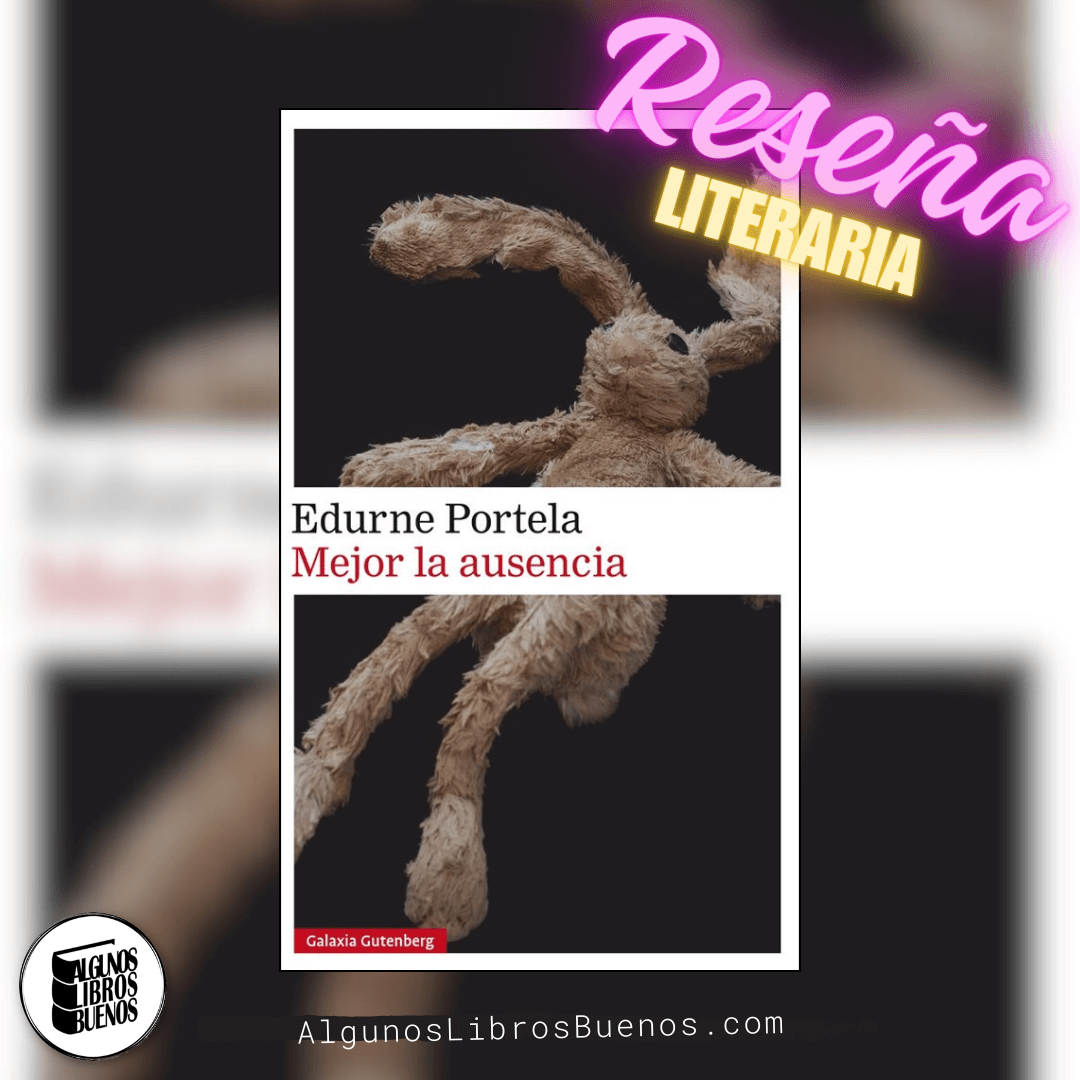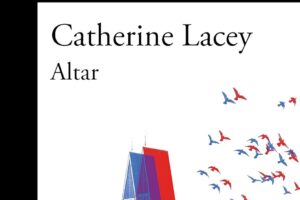
Review of the book “Better Absence” by Edurne Portela.
By Paqui Bernal.
Edurne Portela has been a university professor in the United States and is the author of essays and several novels.
“Better Absence” – with such a poetic and suggestive title – won the Award for Best Fiction Book awarded by the Madrid Booksellers Guild in 2018. It is a very easy novel to read, partly because it is divided into scenes and full of dialogues (you can even stop and return to it without any problem) and partly because it tells a story that is very engaging.
The plot develops over three decades, from 1979 to 2009, and constitutes a good x-ray of what the Basque Country was like during the active era of the terrorist organization ETA.
On the one hand – and as far as I know the conflict – it shows in a way that is faithful to the real events and quite crudely, the social relations between neighbors and classmates, which divided people into supporters and non-supporters of the armed struggle, without more nuances.
On the other hand, and although it is fiction, it narrates the deterioration of relationships even in families that loved each other, as is the case of this one, due to the way in which the confrontation permeated the interior of the houses.
In “Better Absence” some family members are in favor of the independence movement and others are not. There is a little girl, Amaia, a son who supports the armed struggle, another who does not – and is integrated into the school system – and a third who also drops out of studies and starts taking drugs. There are analysts who claim that hard drugs were introduced in Euskadi to stop the radicalization of youth.
Yes, to all this breeding ground for confrontation in the novel we add the toxic relationship of the parents and the alcoholism of the mother, the rejection of each other ends up being breathed in almost every chapter, despite the fact that the affection that also they remain latent.
The character around which the story pivots is the father. He is an aggressive man and a nest of questions, because we do not know what he does exactly and that makes us suspect that he could be an ETA member as a snitch and – even – a trafficker. This lack of knowledge generates a lot of tension and keeps us in suspense throughout the novel.
We learn the story through the voice of Amaia, the girl, from when she is only two years old to adulthood. The little girl manages to make us guess a violence that she is not aware of, which gives the story a lot of truth. And as a teenager – as it could not be otherwise – the girl incorporates that violence, and the reader suffers for it: drugs and fanaticism stalk her and we do not want her to fall into any of those traps.
If I have to conclude with a single sentence, “Absence is Better” seemed to me to be an interesting work and accessible to readers of any cultural level.
Source: https://algunoslibrosbuenos.com/mejor-la-ausencia


